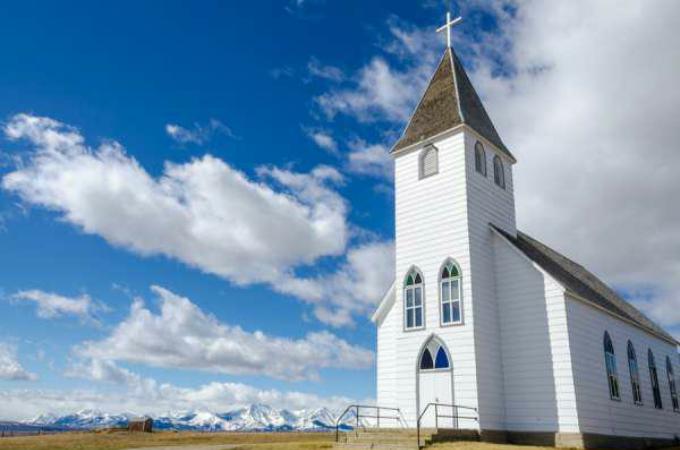'Nones' rise amid declining church attendance, survey shows
Washington D.C., Apr 18, 2019 CNA.- Church membership in the United States has dropped considerably in the last two decades, and the number of people who say they have no religion has increased, a new report from Gallup shows.
The decline in “membership” of a specific church or parish community appears especially pronounced among Catholics and young people.
Nearly one out of three millennials, defined as people born between 1980 and 2000, describe themselves as having no religion. Of the 68% who said they do have a religious faith, only 57% said they belong to a church.
Twenty years ago, when members of “Generation X” were the same age as millennials, 62% --nearly two out of three--were members of a church. Today, 54% of Generation X members belong to a church, and 79% said they have a religious belief of some sort.
Those born in 1945 or earlier were the most religious age group surveyed. Only nine percent said they did not have a religion, and nearly three out of four believers consider themselves to “belong” to a church.
Since 1998-2000, the percentage of Catholics who say they belong to a church has dropped by 13 points. In 1998-2000, 76% of Catholics said they were members of a church. By 2016-2018, this figure had dropped to 63%.
Church “membership” is difficult to tabulate among Catholics. Parish membership is primarily defined in canon law according to residence in the territory of a parish.
While many parishes operate registration programs for sacramental or pastoral purposes, “registration” does not actually define or confirm belonging to the parish community, which is conferred de facto by domicile within the territory of the parish.
In Catholic theology, Church “membership” is not ordinarily defined by registration or self-identity.
Even without taking this into account, according to the data American Catholics still appear belong to churches at higher rates than nondenominational Protestants. Only 57 percent of Americans who call themselves “nondenominational” are members of a church.
Both of these figures lag behind Protestants affiliated with a denomination, as well as Mormons. Seventy percent of denominational Protestants, and 90 percent of Mormons say they belong to churches. Mormons, unlike Catholics and Protestants, have kept relatively stable church membership numbers of the past 20 years.
Women were considerably more likely than men to say they belong to churches, with 58 percent of women and 47 percent of men identifying themselves as church members. Membership among men and women experienced a large decline in the last 20 years, with men dropping by 17 points, and women by 15.
All demographic categories now say they belong to churches at a lower rate than they did 20 years ago.
The demographics that experienced the smallest decline were Protestants (which Gallup combined with people who identify simply as “Christian”) and Republicans, who dropped six points and eight points, respectively.
Conversely, Hispanics and Democrats both dropped 23 percentage points in church membership over the last 20 years. Democrats dropped from 71 percent to 48 percent, and Hispanics from 68 to 45. Those between the ages of 18 and 29 were not far behind, declining by 22 points from 1998.



















